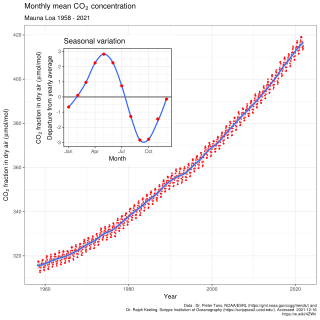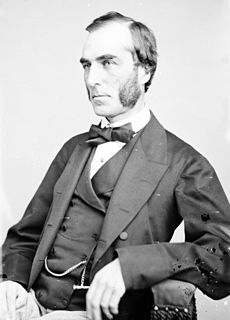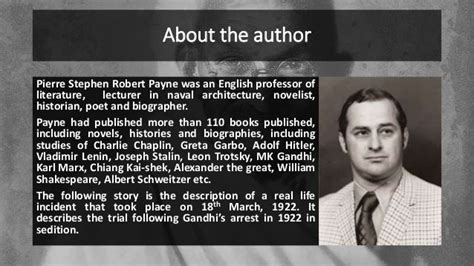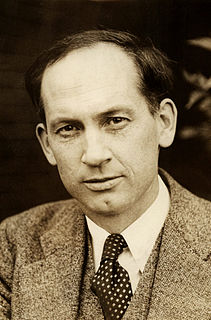A Quote by Lytton Strachey
Modern as the style of Pascal's writing is, his thought is deeply impregnated with the spirit of the Middle Ages. He belonged, almost equally, to the future and to the past.
Related Quotes
In the Middle Ages the king offered protection to his subjects in return for their loyalty, and the subjects were doubly protected, for the church also sheltered them. The need for shelter - for a father image that cares and will hopefully provide and give some meaning to human lives - remains as real as it was in the Middle Ages, but modern technocracy has no place for either the father or the church and provides no substitute.
In some ways, Herbert Hoover can be considered a millennial in spirit: young at the turn of the century, aware of America's past but deeply committed to building its future. His greatest passion and highest calling was service to others, and he measured his life's successes not in dollars and votes but in results achieved.
Our parents and grandparents understood this truth deeply. They believed - as we do - that to create jobs, a modern economy requires modern investments: educating, innovating and rebuilding for our children's future. Building an economy to last, from the middle class up, not from the billionaires down.
Originally the structure was . . . a modern narrator who would appear intermittently and talk about his memories of his grandmother, which would then be juxtaposed against scenes from the past. But the stories from the past were always more interesting that the things in the present. I find this almost endemic to modern plays that veer between past and present. . . . So as we've gone on developing GOLDEN CHILD, the scenes from the past have become more dominant, and all that remains of the present are these two little bookends that frame the action.
A public-school system, if it means the providing of free education for those who desire it, is a noteworthy and beneficent achievement of modern times; but when once it becomes monopolistic it is the most perfect instrument for tyranny which has yet been devised. Freedom of thought in the middle ages was combated by the Inquisition, but the modern method is far more effective.’ (1923)
Even time is a concept. In reality we are always in the eternal present. The past is just a memory, the future just an image or thought. All our stories about past and future are only ideas, arising in the moment. Our modern culture is so tyrannized by goals, plans, and improvement schemes that we constantly live for the future. But as Aldous Huxley reminded us in his writings, "An idolatrous religion is one in which time is substituted for eternity...the idea of endless progress is the devil's work, even today demanding human sacrifice on an enormous scale.
The great ideals of the past failed not by being outlived (which must mean over-lived), but by not being lived enough. Mankind has not passed through the Middle Ages. Rather mankind has retreated from the Middle Ages in reaction and rout. The Christian ideal has not been tried and found wanting. It has been found difficult and left untried.
It is reported of that prodigy of parts, Monsieur Pascal, that till the decay of his health had impaired his memory, he forgot nothing of what he had done, read, or thought, in any part of his rational age. This is a privilege so little known to most men, that it seems almost incredible to those who, after the ordinary way, measure all others by themselves; but yet, when considered, may help us to enlarge our thoughts towards greater perfections of it, in superior ranks of spirits.



































